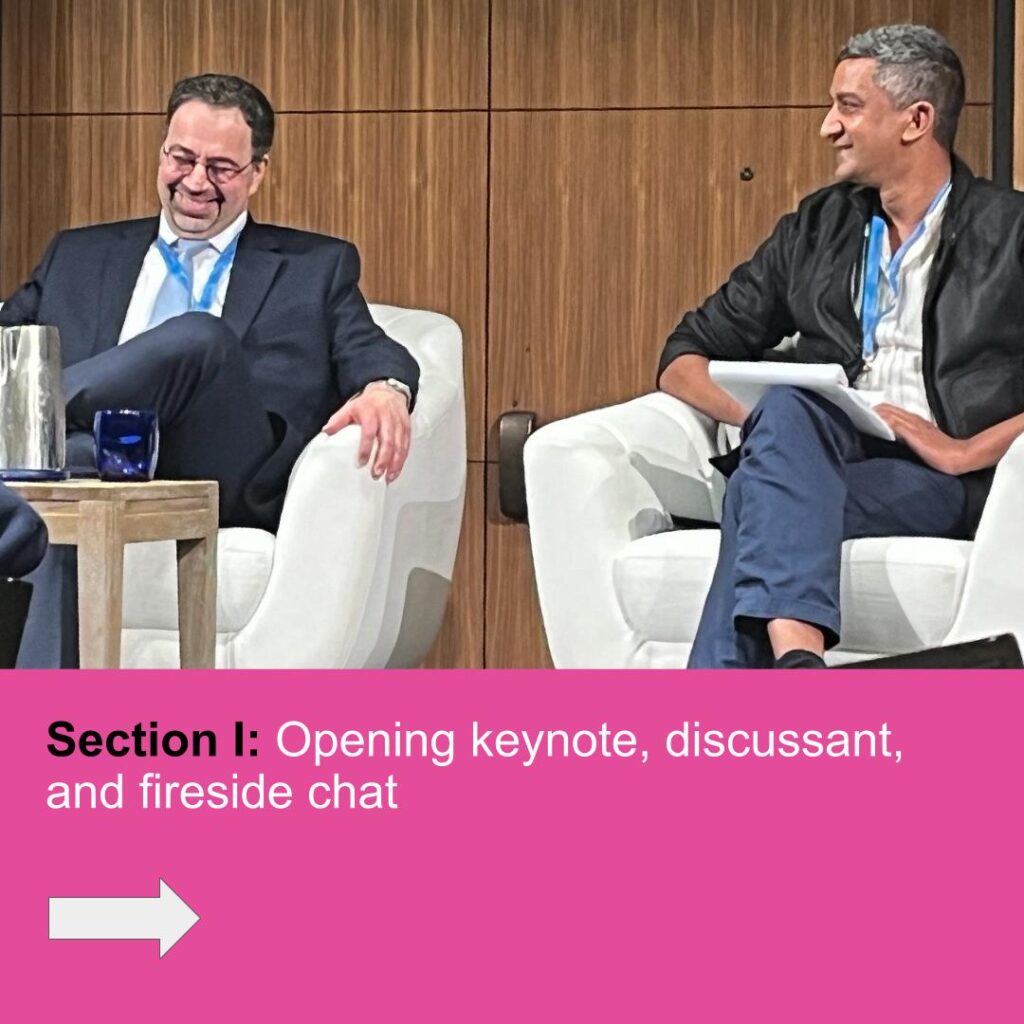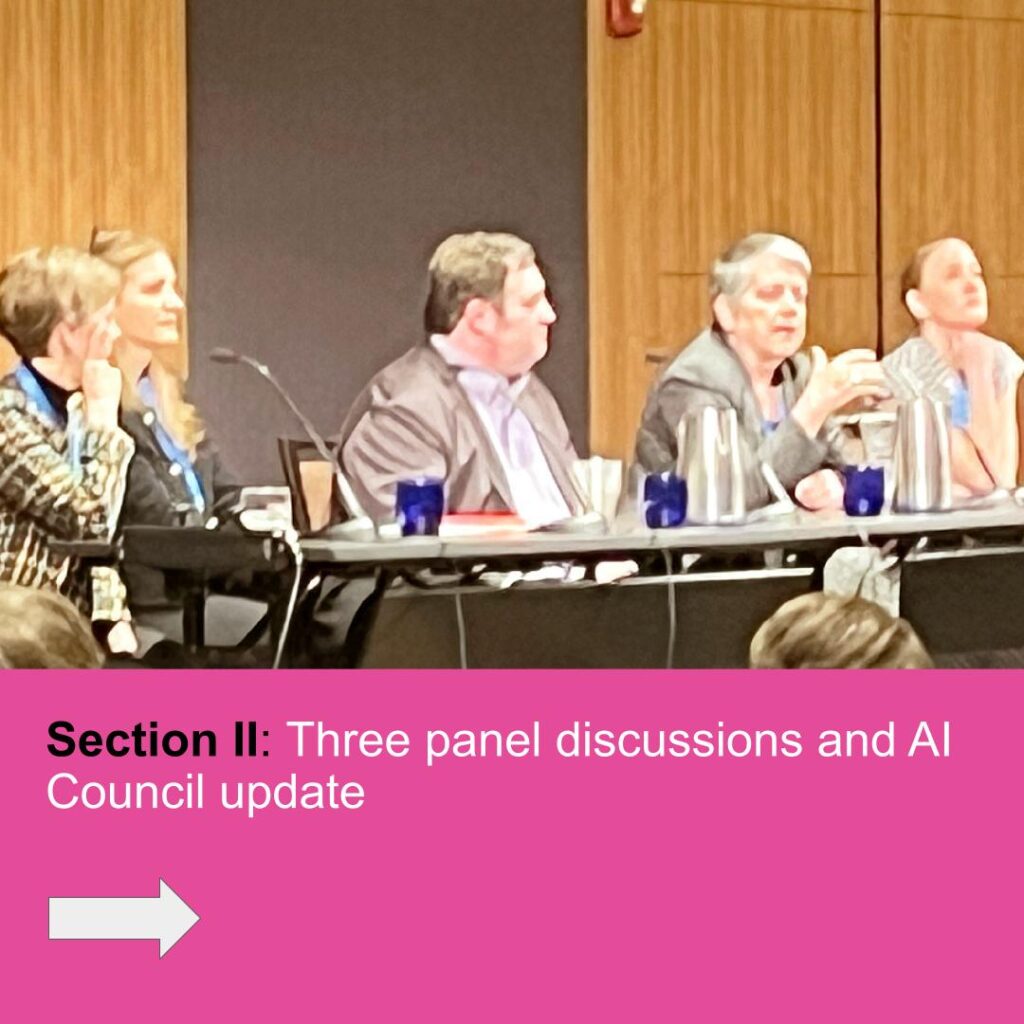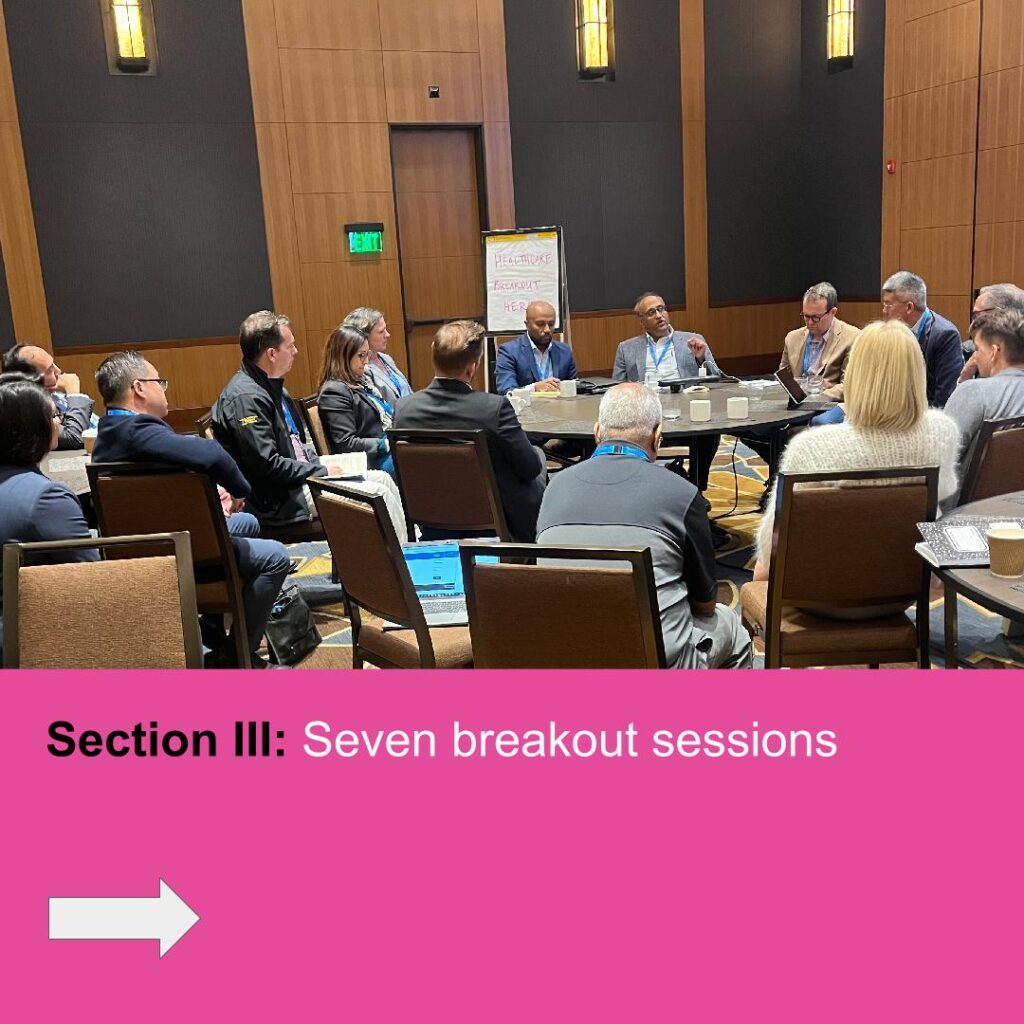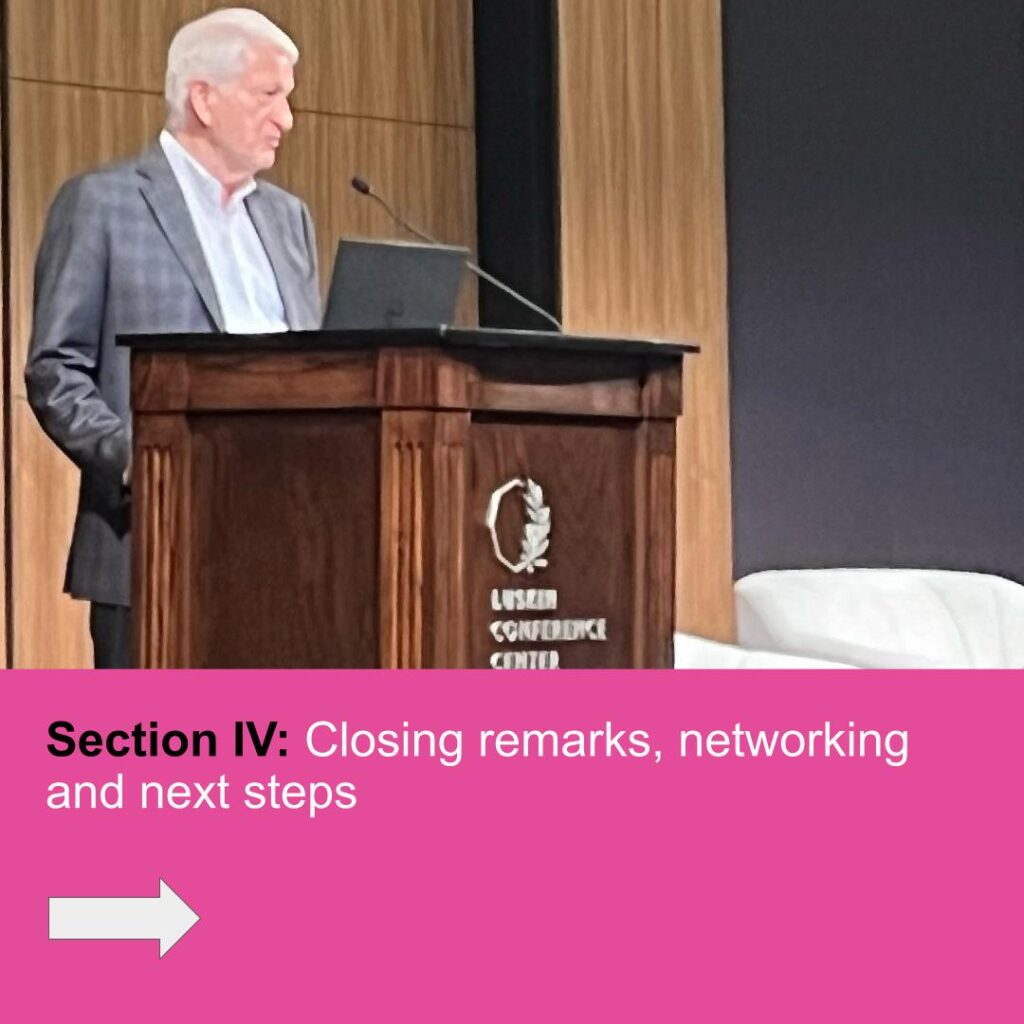Learn more about views shared by UC leader attendees, including President Michael V. Drake and Janet Napolitano
February 28-29, 2024
UC leaders, including former university president Janet Napolitano, attended the systemwide Academic Congress on Artificial Intelligence at UCLA. The University of California’s Provost, Katherine S. Newman, and Chief Information Officer, Van Williams, hosted “What the Future Holds: A UC Congress on the Impact and Promise of Artificial Intelligence.” This two-day event featured keynote speakers, panelists and others who presented research on AI’s effect on labor markets and the broader economy, the role of UC in protecting data privacy, algorithmic bias and how to best prepare students for the workforce given these important new developments.
Conference Take-aways
- UC has been in the vanguard of AI research and application for the last 30 years – since UC Berkeley professors Stuart Russell and Peter Norvig wrote the fundamental textbook for AI in 1995.
- The university has demonstrated its leadership in addressing the governance of AI within the university context, starting with the UC Presidential Working Group on Responsible AI, launched by President Drake in fall 2020.
- While AI holds promise for enhancing productivity, accuracy and efficiency, addressing key challenges such as excessive automation and information monopolization and manipulation is crucial to ensure that AI benefits society as a whole.
- By fostering a nuanced understanding of AI’s scope, policymakers, businesses, academia and individuals can navigate the future of work, education, research and patient care in the era of AI more effectively.
- Participants welcome the opportunity to continue the conversation. Next, the UC AI Council aims to establish a baseline set of principles for AI governance, coordinate with various stakeholders, harmonize definitions across campuses, and provide a central resource for AI-related information.
Review the four sections of the conference
The conference consisted of four sections, including: (I) an opening keynote and fireside chat; (II) three panel discussions; (III) seven break-out sessions; and (IV) concluding remarks, next steps and staying connected. Click on each image or text block to learn more. (Click on each image to learn more)
[Click on each of the images, above, to read summary of each portion of the conference or download the February 2024 UC AI Congress Summary Report PDF.]
Conference leadership
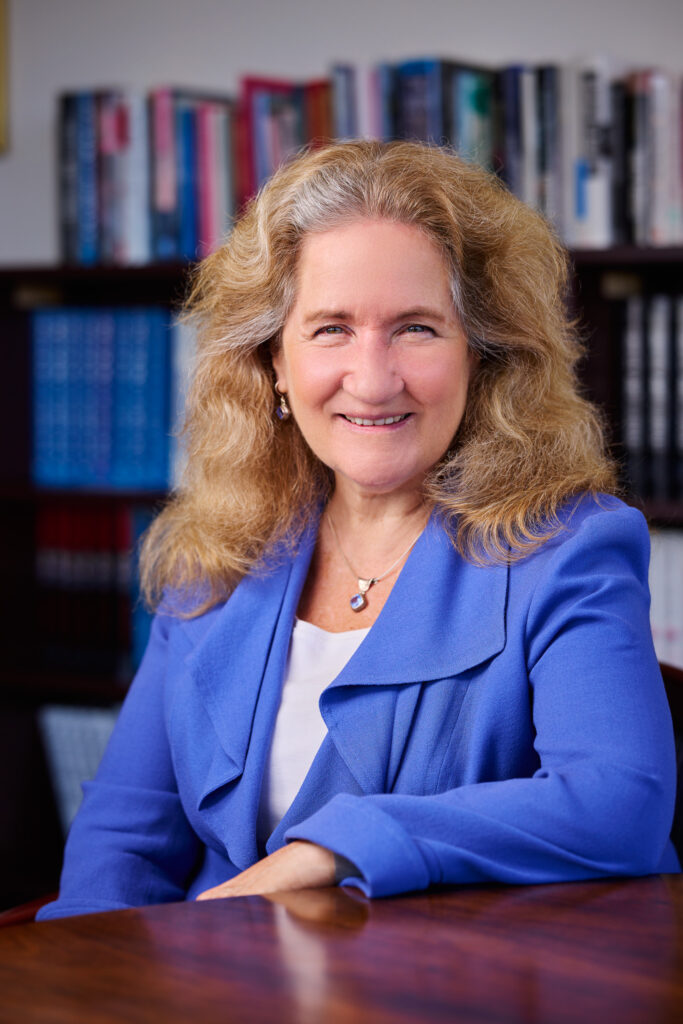
Katherine Newman
Provost and Executive Vice President of Academic Affairs
University of California
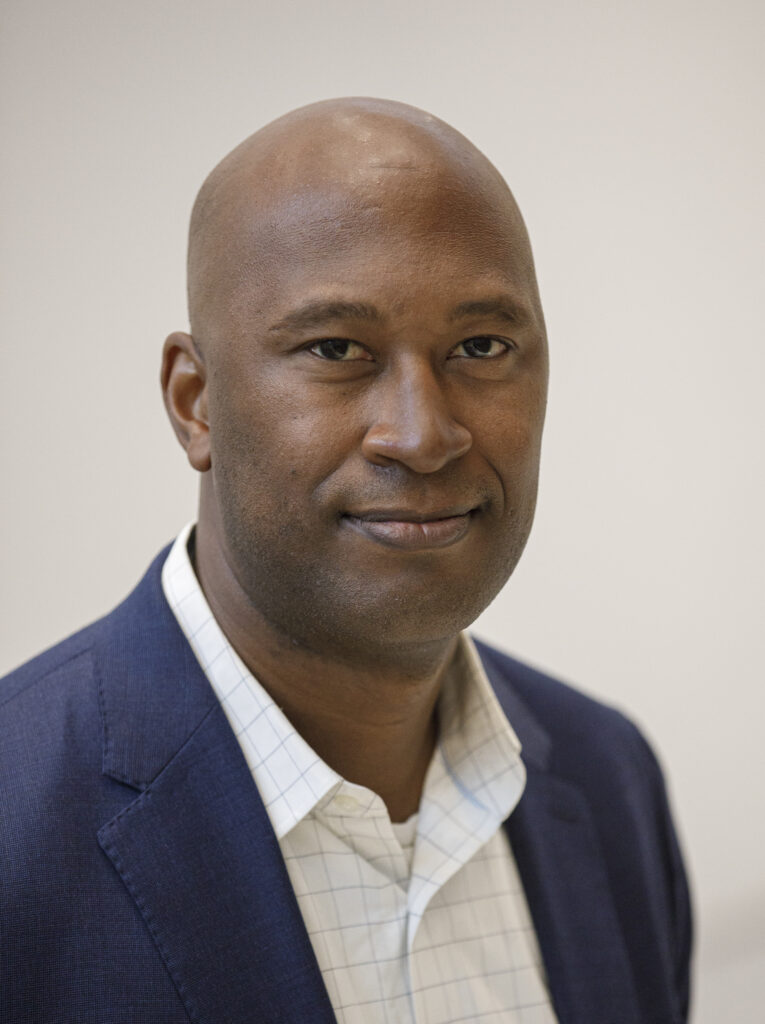
Van Williams
VP Information Technology and Chief Information Officer University of California
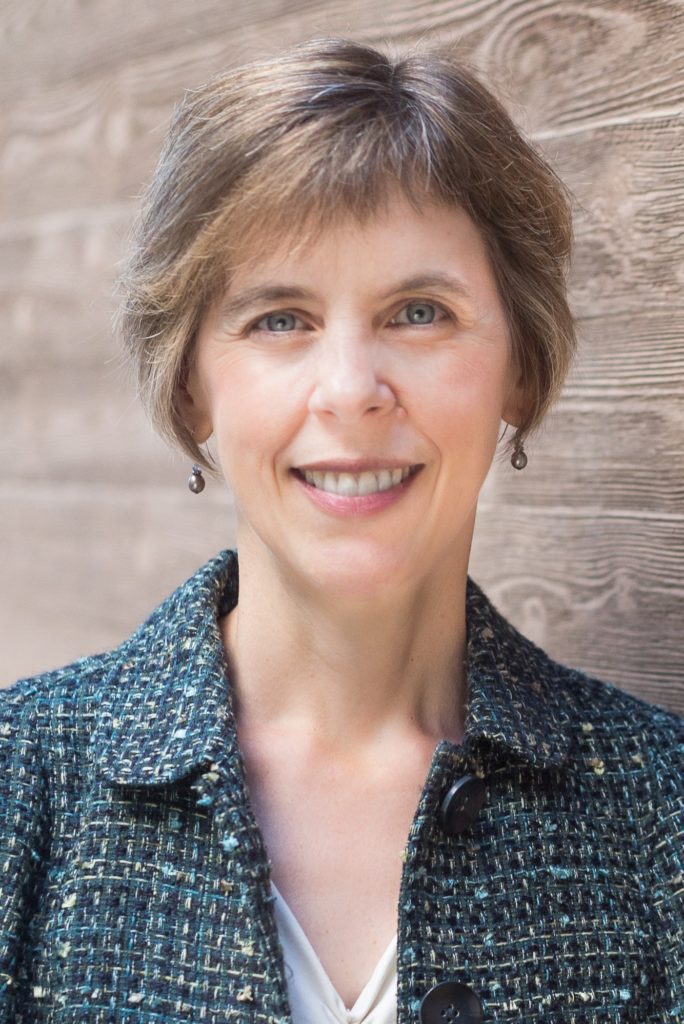
Camille Crittenden, Ph.D.
Executive director of CITRIS and the Banatao Institute
Co-founder of the CITRIS Policy Lab and the Women in Tech Initiative at UC
Related Reading
- March, 2024, UC’s Academic Congress on AI discusses its use in higher education, The UCLA Daily Bruin
- February 28-29, 2024, UC AI Congress summary report PDF, UC Office of the President
- October 18, 2021, UC Adopts Guidelines for the responsible use of AI, University of California News
[Cover Photo Caption: Lucy Avetisyan, associate vice chancellor & CIO of UCLA, provides a comment during the “Application Frontiers,” panel including Janet Napolitano, UC Berkeley, director, Center for Security in Politics and former University of California president]
Authors

Executive director of CITRIS and the Banatao Institute, and co-founder of the CITRIS Policy Lab and EDGE (Expanding Diversity and Gender Equity at the University of California)

Marketing & Communications
UC Office of the President


